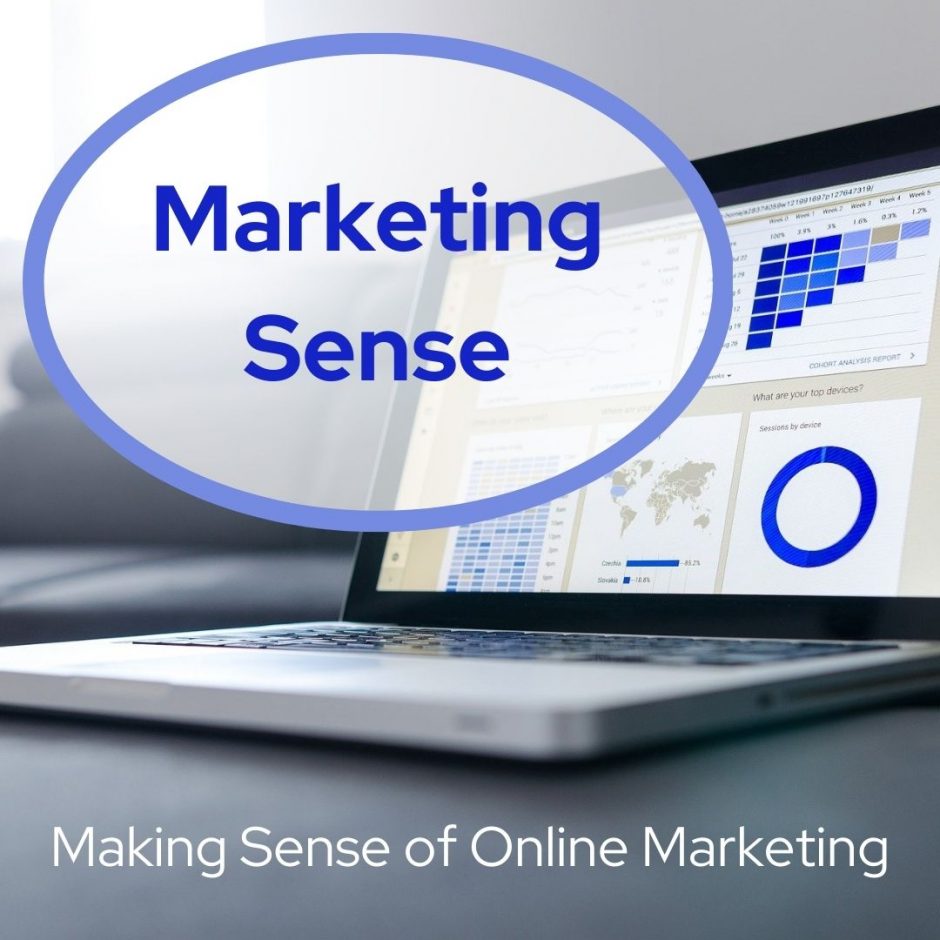You’re finally ready to promote your latest book or product or course. All you need now is buyers. Woo-hoo! That’s what happened last spring to Sally Sue. The fictional promotional post below is typical of hundreds of such posts seen every day. Let’s dissect it, shall we?
Would you like to receive coaching training from Sally Sue?
Sally Sue, 3-time New York Times bestselling author and coach of 36 years
will be giving an exclusive training to new and established coaches to help you
be as effective and as successful as you possibly can be in 2021 and beyond.
The Headline
The headline is dead: Would you like to receive coaching training…? The writer lost me immediately. I’m out. Gone. Won’t be back.
You and I and Sally Sue have milliseconds to gain the attention of readers who are scrolling past our words at supersonic speed. That headline won’t cut it.
The Only Sentence
There’s a single sentence, as if Sally Sue was a breathless teenage girl running to tell her parents she just smashed into the garage door while parking and she had to get all the words out in one long breath. It’s exhausting to read, isn’t it?
The First Line
Readers don’t immediately care who we are, what we’ve accomplished, or how long we’ve been doing it. They DO care about themselves and what’s in it for them. You and I are the same way.
Sally’s only talking about herself; there’s no hint of any benefit to the reader.
It’s easy to forget that our readers are inundated every day with thousands–literally thousands–of promotions. Like us, they’ve become numb to them.
Some marketers swing to the other end of the pendulum with offensive or loud graphics and words in their promotions to get attention. They get attention, yes, but obnoxious promotions don’t help us reach our goals.
The Second Line
“Exclusive training to new and established coaches…” means what, exactly? What kind of training and how long will it last? Will it be free or is a price attached? Will it be delivered via a weekly Zoom meeting, at a weekend retreat center in California in May, or in Sally’s church basement next summer? Readers won’t know because Sally hasn’t shared that information.
What, if any, expertise does the reader need for this opportunity to be a perfect fit for them? Again, we’re not told. So how can they decide if they want to attend? If in doubt, they’ll pass right by. We tend to think they’ll stop, dig around in our post for a link we may or may not have remembered to add, and perhaps visit our website to find out more. Brace yourself. They won’t.
The Third Line
“…be as effective and successful as you possibly can be…” is not what we’d call a specific result.
Isn’t This a Bit Harsh?
We rarely see flaws in our work while others’ flaws leap out at us. This fictional writer is helping us learn through her weak marketing example.
Like Sally Sue, you and I write from our perspective, forgetting that the reader doesn’t know what we know, doesn’t have the details we have, so they can’t put two and two together. What will they do? Simply scroll on by, leaving us wondering why more people didn’t sign up for our fabulous offer.
It’s easy to think poor results prove we’re a failure and we should apply at our local Starbucks tomorrow. Perhaps, but probably not. What we need is reader-focused, results-oriented marketing.
In Part Two next month we’ll reword Sally Sue’s post.

Patricia Durgin is an Online Marketing Coach and Facebook Live Expert. She trains Christian writers and speakers exclusively, helping them develop their messaging, marketing funnels, conversational emails, and Facebook Live programs. Patricia hosted 505 (60-minute) Facebook Live programs from 2018-2020. That program is on indefinite hiatus. She’s also a regular faculty member at Christian writers and speakers conferences around the country.
Website: marketersonamission.com
Facebook: MarketersOnAMission





No Comments